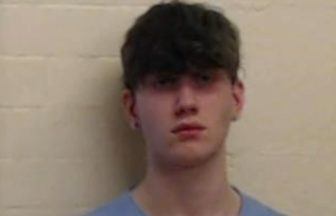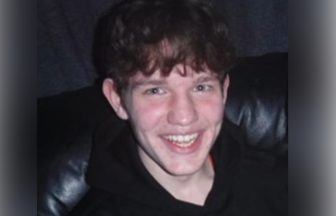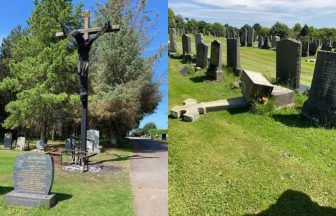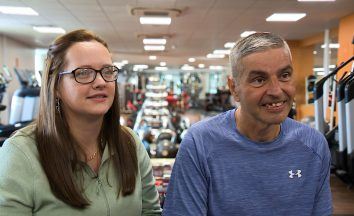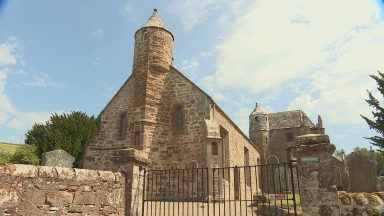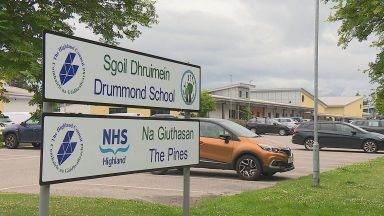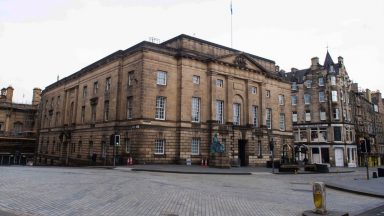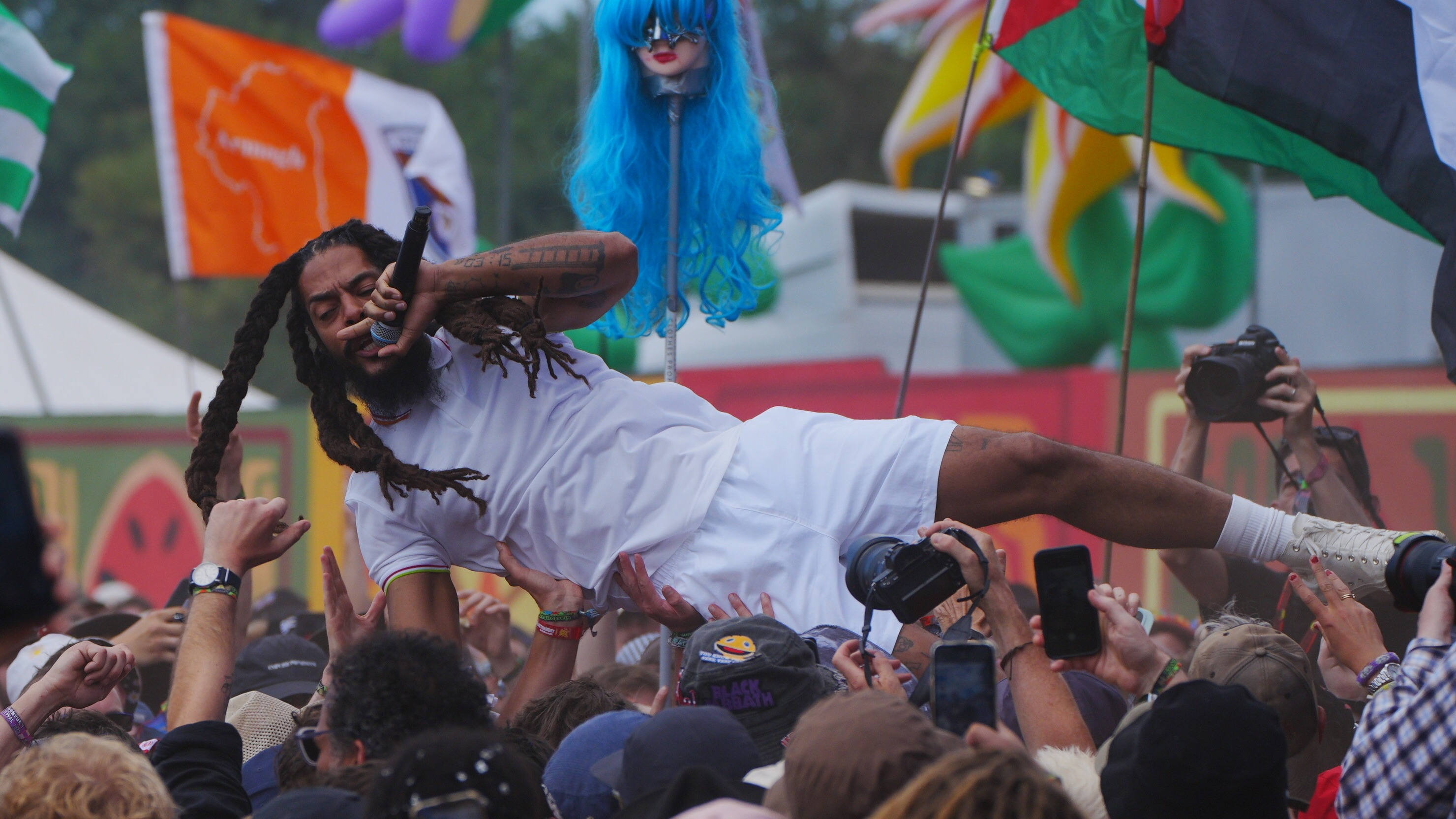Edinburgh charities will not see an immediate cut to their funding, but they still face the long-term prospect of losing millions.
Dozens of city charities receive support from the Edinburgh Integration Joint Board, which oversees the capital’s health and social services but is currently facing its own financial crisis.
The health body voted on Friday on plans to axe funding for 64 organisations, which provide services ranging from mental health support to promoting healthy eating.
Protesters gathered outside the City Chambers ahead of the meeting. Chants of “cuts will kill” could be heard from the committee room, where attendees filled the gallery and spilled over to another room where proceedings were shown on a TV.
There was near unanimous agreement that a proposal to immediately halt this year’s current funding, which would have saved £750k but given charities just 90 days to fund alternative funding, should not go ahead.
However, the board was split over whether to accept the recommendation not to provide a grants programme in the year from March to save a further £4.5m.
Members voted 6-4 to reject both proposals and agreed instead to “hold discussions” with the council NHS Lothian, which jointly fund the funding body, to “consider alternative proposals for the long-term future of third sector funding”.
They were urged to ensure that the additional cash for Scotland announced in the UK Government’s budget was used to address the funding gaps.
Third-sector leaders said the cuts would put 150 jobs and vital services accessed by tens of thousands of vulnerable residents at risk.
Councillor Vicky Nicolson said she had been emailed by “hundreds” of local GPs in the last week warning of huge additional pressures the cuts would place on doctors, carers and nurses.
But service director Andrew Hall said a “forensic analysis” of every aspect of operations found the proposals in the report were the “best option” as without a “significant injection of additional funding” the EIJB would not be able to meet its statutory obligations to provide care for the sickest.
This was met with repeated assertions that the plans would not save the Health and Social Care Partnership anything in the long term, as those who currently access services provided by the 64 charities would end up flocking to GPs and A and E.
Rachel Green, director of the Restalrig-based Ripple Project, which runs lunch clubs and day services for over 65s, including people with dementia and learning disabilities, said officials were “overstating the benefits and down-playing the risks” of the cuts.
She said charities had been “advised” there would be an extension of the grants programme in 2025-26 and “had no reason to believe this wouldn’t happen”. However, Mr Hall disputed this.
Ms Green added that if the cuts went ahead, she would have to refer 87 people “straight away” to social care services for care packages.
Catriona Windell, from Edinburgh Community Health Forum and Health All Round, was appalled at the fact there had been no consultation with affected organisations ahead of the meeting, adding: “I don’t think we have ever been treated with such disrespect.
“I think we could save a lot of money if we put our heads together.”
Representatives from other projects put at risk, including healthy cooking classes, citizens advice services, and homeless support services, said the cuts would put lives at risk, and “destroy what has taken years to build – and would take years to re-build”.
Speaking at his last meeting as EIJB chief officer, Pat Togher, stressed the NHS-council partnership had been set up in 2016 with a “structural deficit” of £32m and this was now “compounding all of our financial woes”.
Cuts totalling £50m have been made to services run by the board in the last two years, with a looming shortfall of £26m in the current year and further £50m gap in the next financial year.
He said this meant the focus had to be shifted to “core business and core statutory responsibilities” as the requirement to uphold statutory duties was “much more important than anything else”.
He said: “This is the worst it’s been and we’re projecting a further £50m next year. It’s completely unsustainable.”
He added, “We are concerned as an IJB, as a health and social care partnership . . . There is this risk that we retreat back to core, statutory services only.
“What’s come across loud and clear from the deputations this morning is that this will require a collective endeavour going forward.
“We also have to recognise that moving forward there is a requirement to produce collaborative working.”
Mr Togher said the decision not to accept the recommendations would result in a “refocus on where we take all the savings from from the health and social care partnership,” and urged the board to carefully consider impact on the wider workforce who would face further cuts.
Speaking after the meeting, Katharina Kasper, chair of the joint board, said: “The EIJB has listened to voices across Edinburgh and has voted not to proceed with in-year savings to third sector grants at this time.
“We have also agreed that the long-term under-funding of the EIJB cannot continue.
”We have committed to working with third-sector partners and our partners in the City of Edinburgh Council and NHS Lothian to find a way forward which supports charities across the city.
“The EIJB’s budget deficit, which was inherited from its partners in 2016, remains, with £60m savings required this year and £50m next year. The EIJB has a legal duty to protect core services such as care homes and drug death prevention services. If a solution cannot be found we will have to come back with a recovery plan to make these savings.”
Follow STV News on WhatsApp
Scan the QR code on your mobile device for all the latest news from around the country


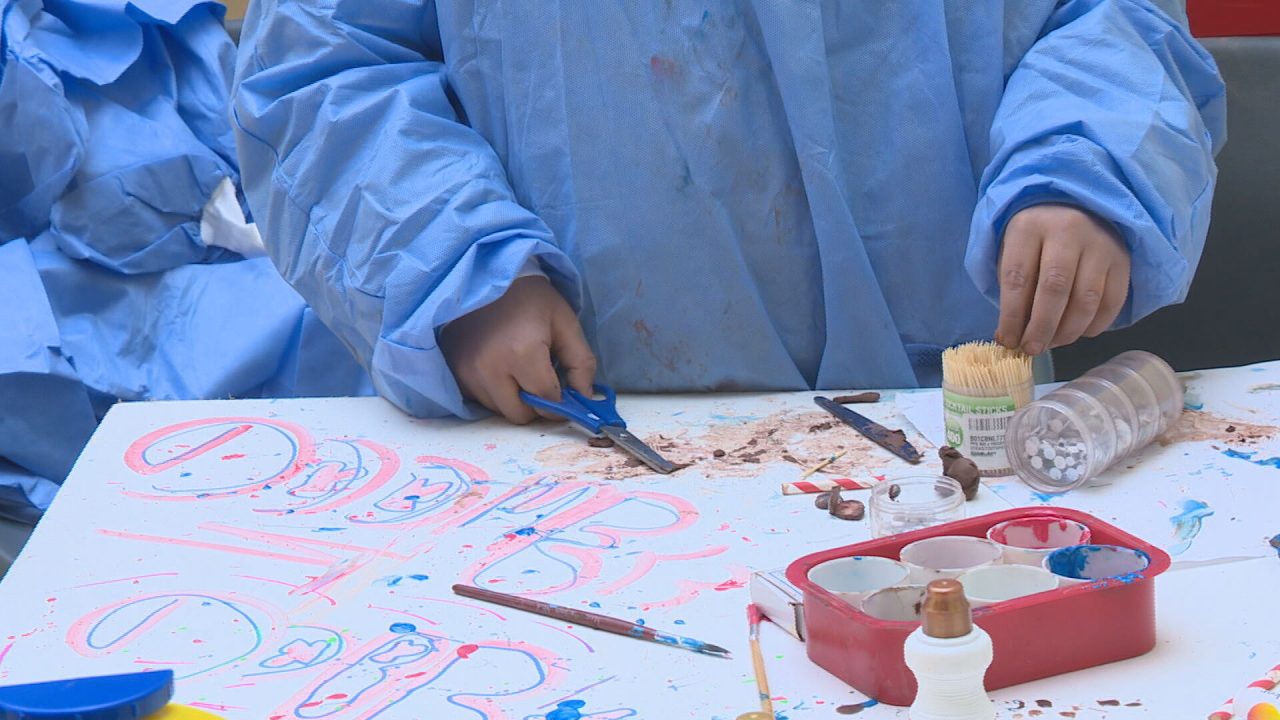 STV News
STV News